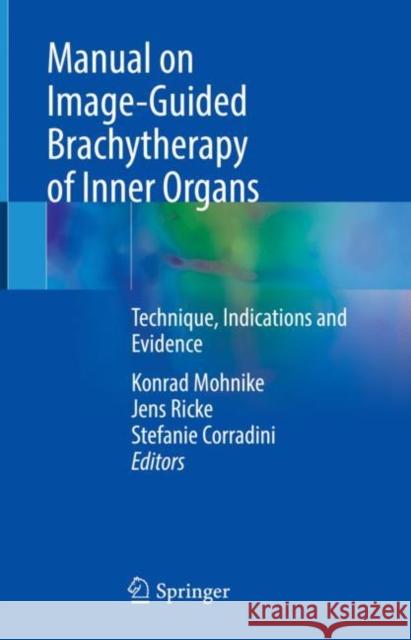Manual on Image-Guided Brachytherapy of Inner Organs: Technique, Indications and Evidence » książka
topmenu
Manual on Image-Guided Brachytherapy of Inner Organs: Technique, Indications and Evidence
ISBN-13: 9783030780784 / Angielski / Twarda / 2021 / 254 str.
Manual on Image-Guided Brachytherapy of Inner Organs: Technique, Indications and Evidence
ISBN-13: 9783030780784 / Angielski / Twarda / 2021 / 254 str.
cena 401,58
(netto: 382,46 VAT: 5%)
Najniższa cena z 30 dni: 385,52
(netto: 382,46 VAT: 5%)
Najniższa cena z 30 dni: 385,52
Termin realizacji zamówienia:
ok. 16-18 dni roboczych.
ok. 16-18 dni roboczych.
Darmowa dostawa!
Kategorie BISAC:
Wydawca:
Springer
Język:
Angielski
ISBN-13:
9783030780784
Rok wydania:
2021
Wydanie:
2021
Ilość stron:
254
Waga:
0.59 kg
Wymiary:
23.88 x 20.57 x 1.78
Oprawa:
Twarda
Wolumenów:
01











